All Stories
-
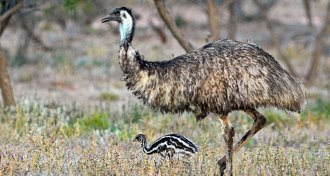 Life
LifeHow emus and ostriches lost the ability to fly
Changes in regulatory DNA, rather than mutations to genes themselves, grounded some birds, a study finds.
-
 Astronomy
AstronomyThis planetary remnant somehow survived the death of its sun
A small, sturdy piece of planet survived the collapse of its sun and now orbits the dead star.
-
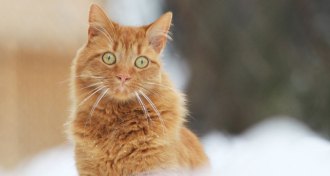 Animals
AnimalsCats recognize their own names
A new study suggests that cats can tell their names apart from other spoken words.
-
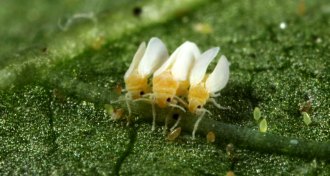 Plants
PlantsA major crop pest can make tomato plants lie to their neighbors
Insects called silverleaf whiteflies exploit tomatoes’ ability to detect damage caused to nearby plants.
By Susan Milius -
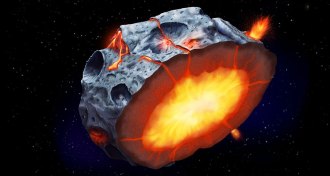 Planetary Science
Planetary ScienceMetal asteroids may have once had iron-spewing volcanoes
Two groups of scientists introduce the idea of “ferrovolcanism,” or iron volcanoes, that could have occurred on metal asteroids like Psyche.
-
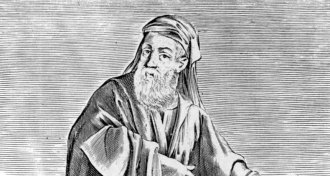 Science & Society
Science & SocietyThis Greek philosopher had the right idea, just too few elements
The ancient Greek philosopher Empedocles wrongly believed matter to consist of just four elements, but he grasped the basic idea of forces governing unchanging matter.
-
 Psychology
PsychologyWhat we know and don’t know about how mass trauma affects mental health
Three people connected to mass shootings have recently killed themselves. Here’s what we know, and don’t, about the lingering effects of mass trauma.
By Sujata Gupta -
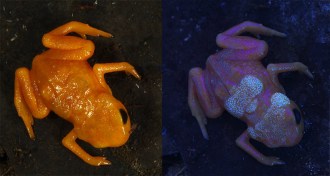 Animals
AnimalsTiny pumpkin toadlets have glowing bony plates on their backs
Pumpkin toadlets are the first frogs found to have fluorescent bony plates that are visible through their skin under ultraviolet light.
By Jeremy Rehm -
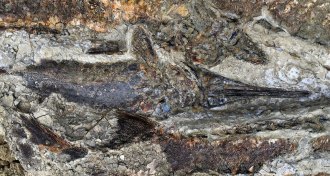 Paleontology
PaleontologyNew fossils may capture the minutes after the dinosaur-killing asteroid impact
North Dakota fossils may depict the aftermath of the dinosaur-killing asteroid, but controversial claims about the breadth of the find are unproven.
-
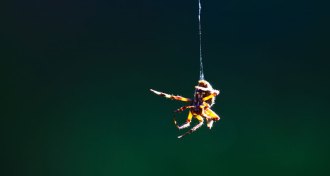 Materials Science
Materials ScienceBacteria can be coaxed into making the toughest kind of spider silk
Lab-altered bacteria have made a copy of a spider’s strongest silk strands, which could one day be used to make more sturdy materials.
By Jeremy Rehm -
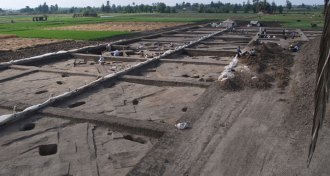 Anthropology
AnthropologyForeigners may have conquered ancient Egypt without invading it
Dental evidence suggests female Hyksos immigrants married into power.
By Bruce Bower -
 Genetics
GeneticsA Nobel Prize winner argues banning CRISPR babies won’t work
Human gene editing needs responsible regulation, but a ban isn’t the way to go, says Nobel laureate David Baltimore.